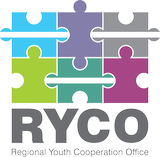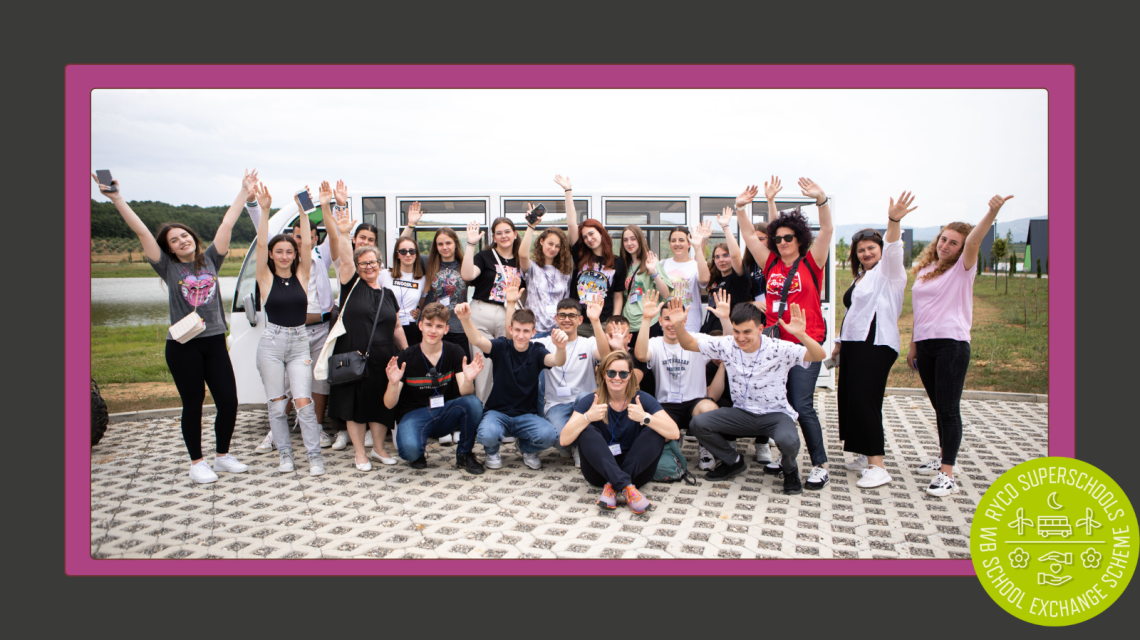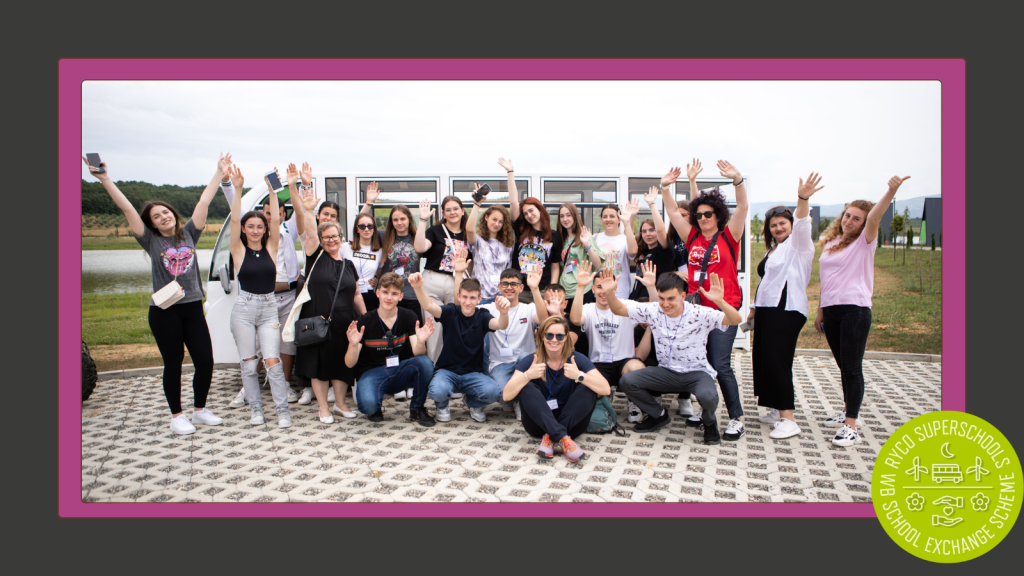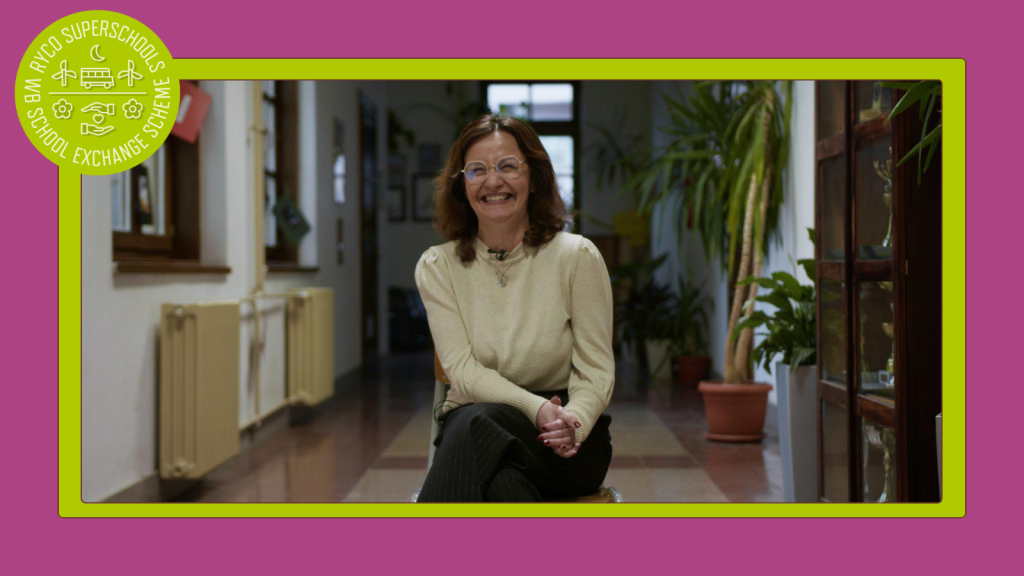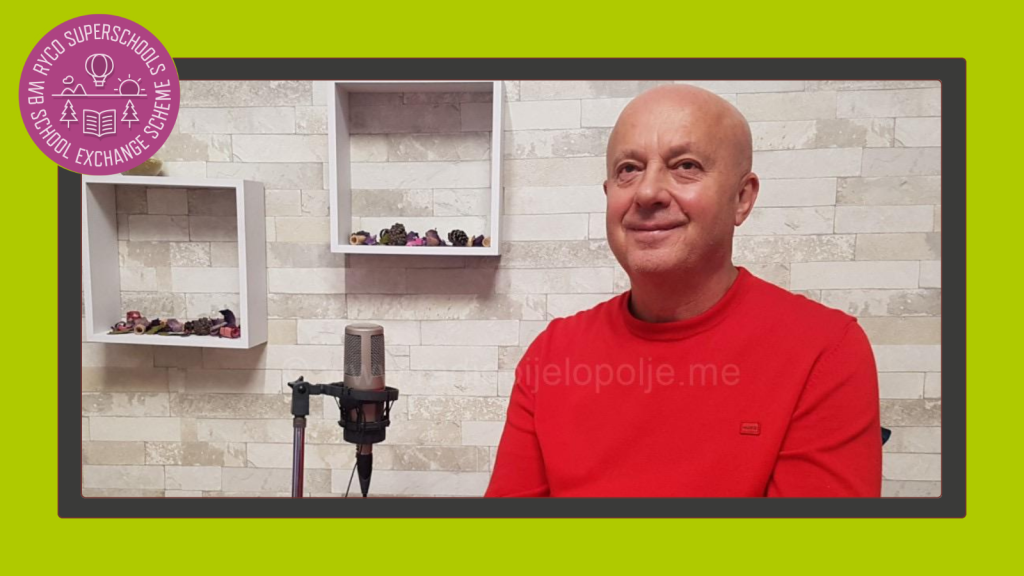Experiences from exchanges as a testament of youth impact in regional dialogue and cooperation
At a time when dialogue and cooperation are key to the progress and prosperity of the Western Balkans, the Regional Youth Cooperation Office (RYCO), through 3 cycles of high-school exchanges offered young people a unique opportunity to meet, connect, and learn together about themselves and others. With the 4th Open Call now launched, the Western Balkans School Exchange Scheme, better known as RYCO Superschools Program, once again brings a chance to young people from the region to travel and meet their peers and thus enhance regional cooperation and build bridges of mutual understanding.
Co-financed by EU and the German Federal Ministry for Economic Cooperation and Development (BMZ) and implemented by GIZ and RYCO, through previous open calls Superschool project has brought together more than 3.000 students, making it one of the region’s most impactful youth exchange programs. However, nothing speaks more to the success of the project than the personal experiences of the teachers and students who participated in the program. For Katarina Ristanović Acović and Rafet Mulić, teachers who are now part of Pool of Superschools Champions, these exchanges represent not only a step forward in the educational sense, but also in a wider social context.
“As high school teachers we had the opportunity to be a part of this story and witness the huge effect it has on the lives of young people and us, as well,” they shared.
Before applying for the program, Katarina, professor of English language and literature in Gymnasium Gornji Milanovac in Serbia and Rafet, Librarian in Vocational High-School Bijelo Polje, Montenegro, have already heard about Superschools exchanges, and once their school received information about open call from local RYCO team, they decided to take an opportunity, submit project proposal and find partner school in another part of the Western Balkans region. And they succeeded! Team of students led by Katarina partnered with the school from Tuzla, Bosnia and Herzegovina and Rafet’s team implemented exchange program with the high school from Tirana, Albania.
The teachers, as they stated, initially had doubts about the implementation of the project. Despite the geographical closeness, the turbulent past brought many prejudices, and the topics that participants dealt with, such as intercultural dialogue, peacebuilding and reconciliation were serious, sensitive and demanding, raising doubts whether young people would be interested in them and whether they would be willing to deal with the themes that sometimes the adults cannot deal with properly. But then an amazing thing happened.
“The young people taught us the lesson. They displayed maturity, open-mindedness and willingness to engage in a dialogue. In workshops, discussions and joint activities, students were dismantling the boundaries, one by one, not only physical, but the ones in their minds and hearts as well. They realized they shared common values, they enjoyed the same things and found out that every ‘difference’ is not an obstacle, but rather an opportunity for understanding,” they pointed out.
The readiness these young people showed to build peace and better future in the region was the most surprising part, they said, as they showed that the the word ‘reconciliation’ is not unfamiliar to them and that instead of carrying the burden of the past known to older generations, they want a new chapter and the future in which they will live together in peace and understanding, matters the most.
“Therefore, these exchanges are the fastest and the best way to deal with stereotypes and prejudices. The friendships these young people made are part of the youth network which will be the pillar of a more stable and more connected region,” they emphasized.
Another aspect of the program, as they explained, was the fact that it included students from disadvantaged backgrounds who rarely had the opportunity to travel. For many of them this was the first time that they visited another part of the region.
“We were touched by the stories of students who were socially excluded, reserved and invisible in their communities. Taking part in this program, those young people got the right to raise their voice and be heard for the first time. After the exchange they were proud, self-confident, with new friends for life and with new views of the world. Some of them confessed that they felt they were seen and heard for the first time. Isn’t it the goal of education – to encourage someone to believe in themselves?”
As someone who already participated in the program, Katarina and Rafet would like to see the Superschools project thriving even further, expanding from bilateral to multilateral exchanges, gathering students from three or more parts of the region. They also see exchanges between different regions of the same Contracting Party as a good opportunity for learning, cherishing the values of diversity and inclusion.
After being part of Superschools experience, Katarina and Rafet say that they are way more optimistic about the future of the Western Balkans, believing that the region is in the good hands of the young who have the courage to look forward with open minds.
“And all we have to do is give them the chance and they will turn it into a change,” they concluded.
The new Open Call that is open until July 15th, 2025, now brings opportunity to all interested schools to apply for the exchange program by registering and creating a profile on the Superschools platform and finding a partner school from a different part of the Western Balkans region. Each selected partnership will organize two short-term students’ exchanges where young people will participate in shared educational and cultural activities and build lasting connections. Furthermore, through a Homestay component available in this Call, students will have the opportunity to stay with host families, creating deeper personal bonds and enhancing the intercultural learning experience.
Background
About the Superschools program
Superschools is a RYCO program for school exchanges in the Western Balkans. Its objectives are to support peacebuilding, reconciliation, and intercultural learning and dialogue among schools, students, and their communities. The program is part of the multi-donor project “Western Balkans School Exchange Scheme,” co-financed by the European Union and the German Federal Ministry for Economic Cooperation and Development (BMZ), and implemented by the Deutsche Gesellschaft für Internationale Zusammenarbeit (GIZ) together with the Regional Youth Cooperation Office (RYCO).
About RYCO
RYCO is an intergovernmental organization that promotes regional and intercultural cooperation of young people within and among Western Balkan societies. Its programs focus on creating opportunities for youth to engage in activities that build mutual understanding and reconciliation in civic, social, educational, cultural, and sports domains. RYCO also participates in policymaking and advocates for reforms that empower youth exchange. It supports the development of a political and social environment that encourages and facilitates cooperation among young people across the region.


